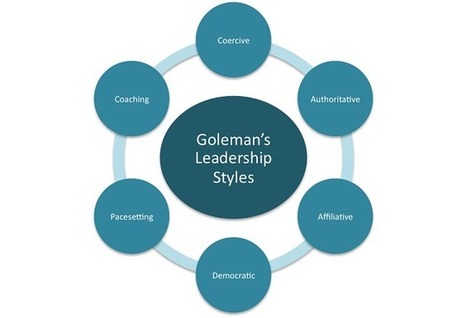Good leaders can steer a business through the nine to five, but great leaders can navigate a company into the next generation.
While a good leader is content with the status quo, a truly great leader has the ability to innovate and disrupt to ensure organisations stay on the cutting edge. They go above and beyond the duty of a manager to inspire staff and build a motivated workplace.
Stepping up from a good to a great leader could make a huge difference to the direction of a business and it's possible with some simple, but effective practices.
Via The Learning Factor



 Your new post is loading...
Your new post is loading...



















It's easy to be a good leader, but do you have what it takes to be genuinely exceptional?
It's all about leadership.